Smart tech, chips and biotech among sectors driving billion-dollar startups
Led mainly by artificial intelligence, semiconductors and new energy, China developed 56 new unicorns in 2023, following the United States' 70 such firms, according to a global unicorn index released on Tuesday.
The world has minted one unicorn — privately held startups with valuations of $1 billion or more — every two days over the past year to take the total of known unicorns in the world to a new record, according to the index, which was released by the Hurun Research Institute in Guangzhou, capital of Guangdong province.
Since 2019, the number of unicorns has tripled from 494 to 1,453. They are based in 53 countries and 291 cities, ushering in an explosion of new technologies to the market, according to the index.
The index is a ranking of such startups founded in the 2000s that have yet to be listed on a public exchange.
"The world's unicorns on the ranking list are disrupting financial services, business management solutions and healthcare," said Rupert Hoogewerf, chairman and chief researcher of the Hurun report.
AI has become one of the fastest-growing sectors in 2023. In China, one-year-old Beijing-based Moonshot AI and two-year-old Shanghai-based MiniMax are leading the way for ChatGPT-like products, according to the index.
TikTok owner ByteDance, based in Beijing, has become the world's most valuable unicorn for three consecutive years, running with a value of $220 billion, the index indicated.
Founded in 2012, ByteDance's revenue hit $110 billion in 2023, surpassing Tencent in the process and highlighting its e-commerce capabilities.
Despite China's poor recent stock market performance, the country nevertheless has proven a trailblazer when it comes to taking unicorns public, with 18 of the 29 unicorns issuing IPOs in 2023, far ahead of the US at five, the index said.
The index was released during the Guangzhou Annual Investment Conference held on Tuesday. The conference, which focused on promoting the city's business and investment environment, attracted more than 1,000 government officials and business representatives from 18 countries and regions.
Additionally, a large number of domestic and foreign investment projects were signed during the conference.
In the city's Huadu district, 45 new investment projects worth 75 billion yuan ($10.37 billion) were inked, involving industries such as low-altitude economy, modern logistics, vehicles, intelligent manufacturing, new energy and digital economy.
Of the projects, 10 are involved in the low-altitude economy, as Huadu, in the northern part of Guangzhou, has been promoting strategic and geographical positions in emerging industries.
Guangzhou, along with Hefei of Anhui province, Hangzhou of Zhejiang province as well as Jiangsu province's Suzhou and Nanjing, have become the fastest-growing cities in China in terms of new unicorns.
Guangzhou has 24 unicorns — almost equal to that of Israel or Canada. In the Guangdong-Hong Kong-Macao Greater Bay Area, the number of unicorns now stands at 70, according to the Hurun report.











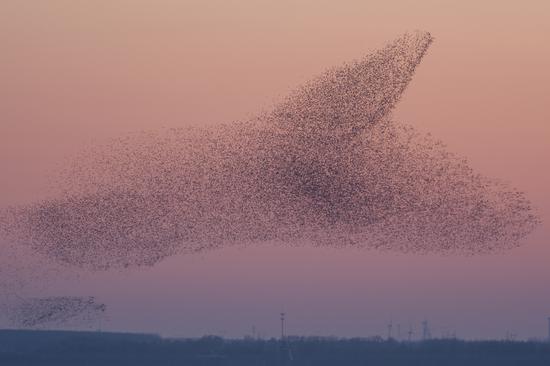




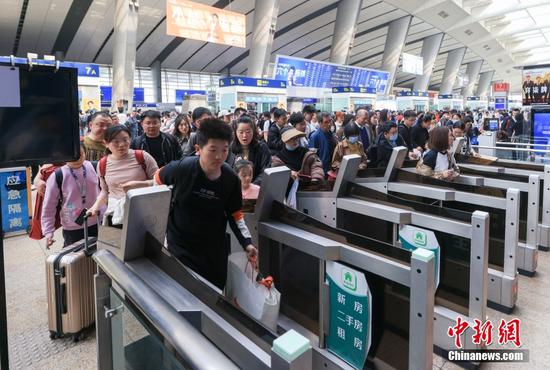
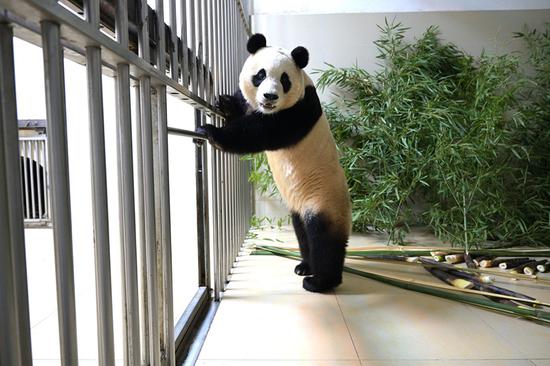
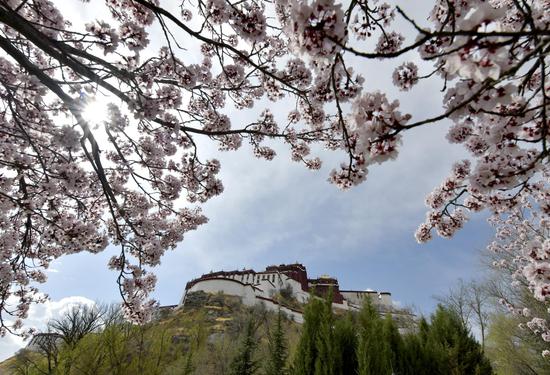



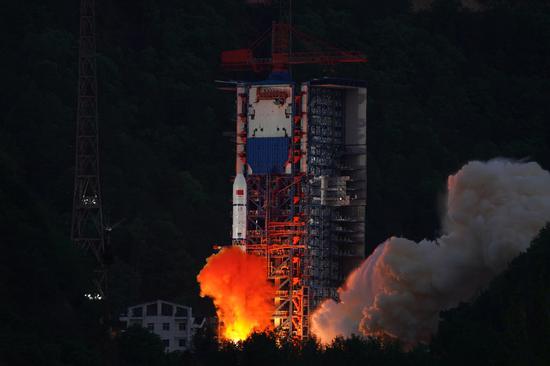

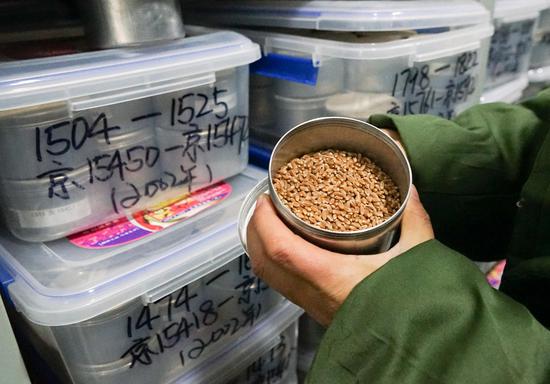
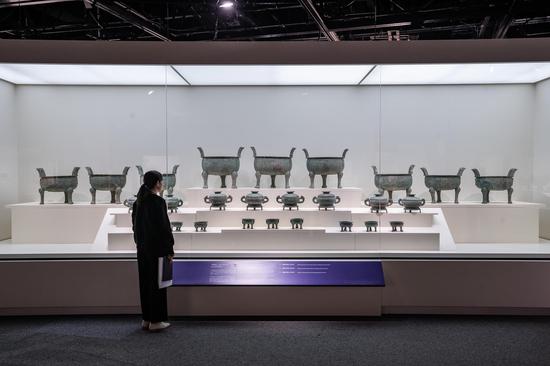
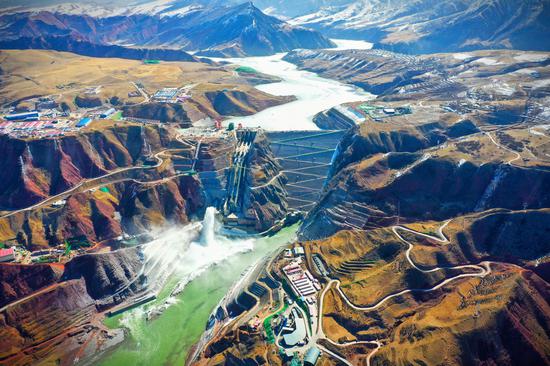


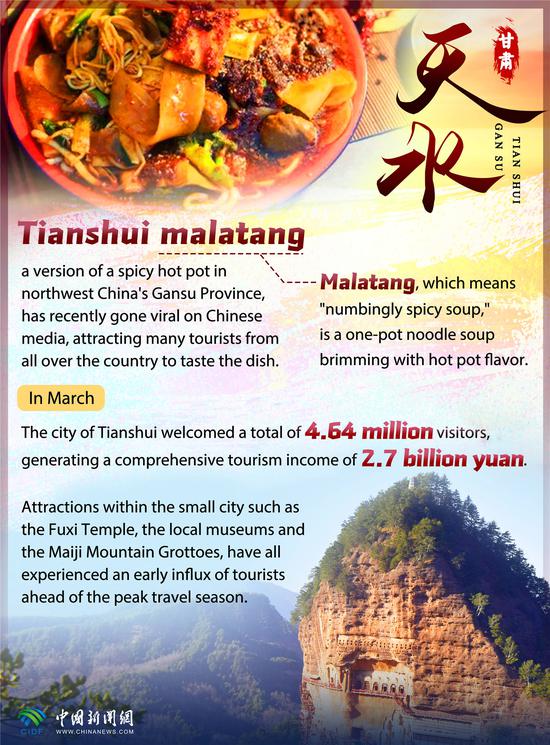
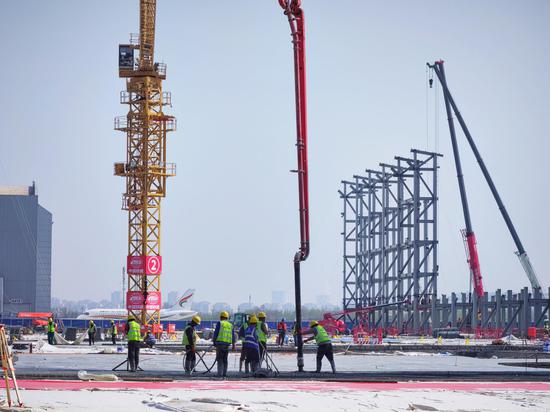



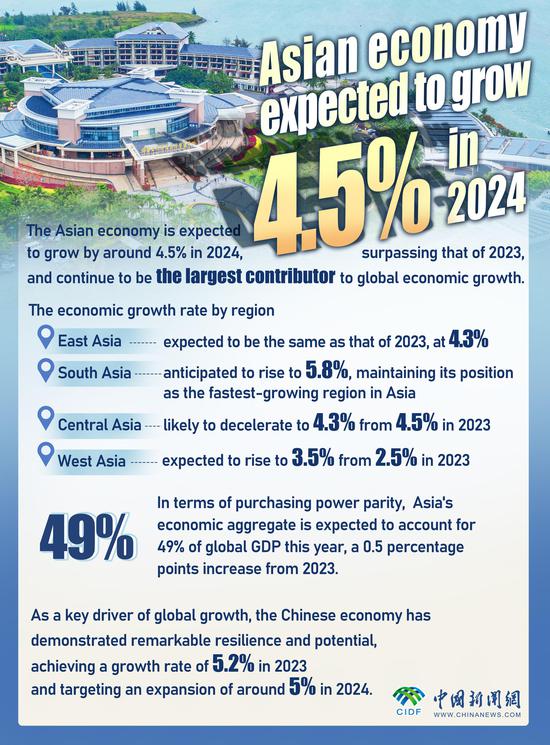
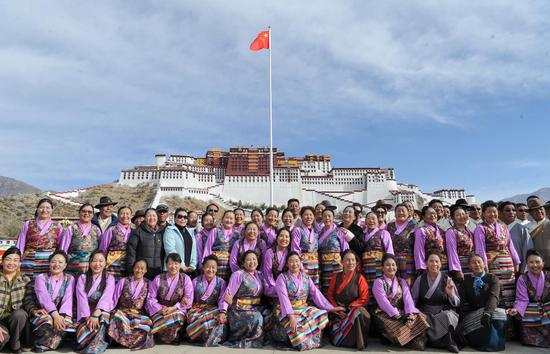
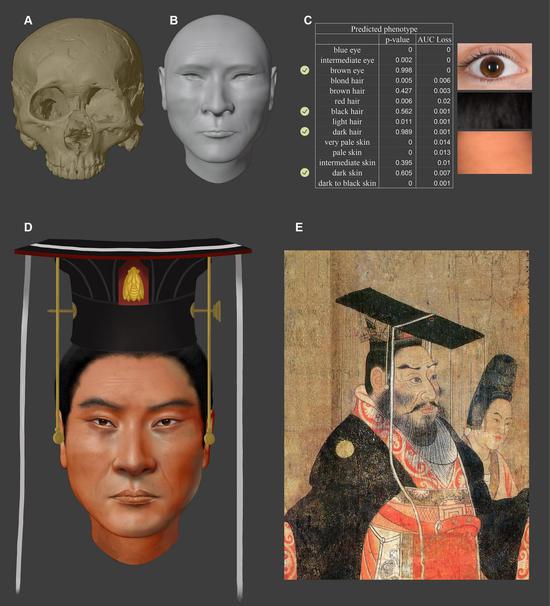



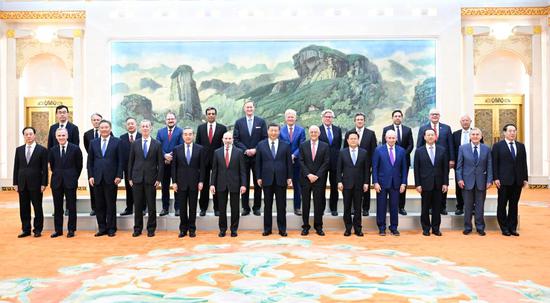
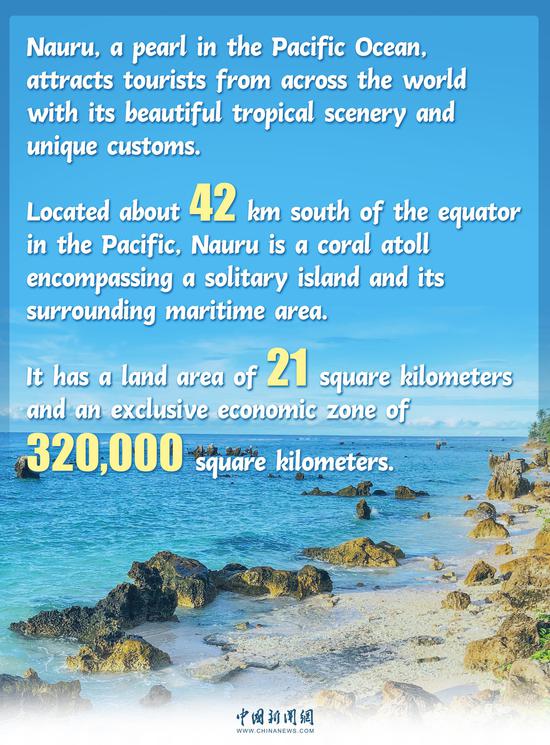
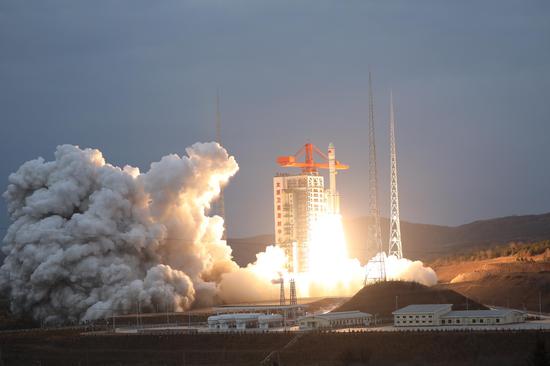

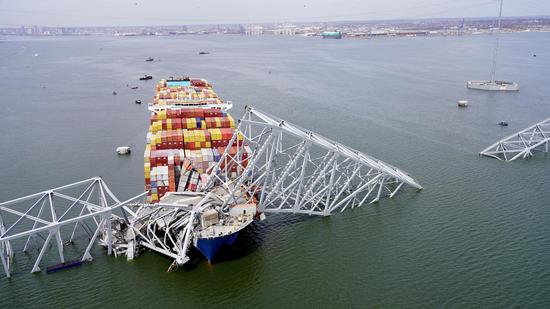





 京公网安备 11010202009201号
京公网安备 11010202009201号